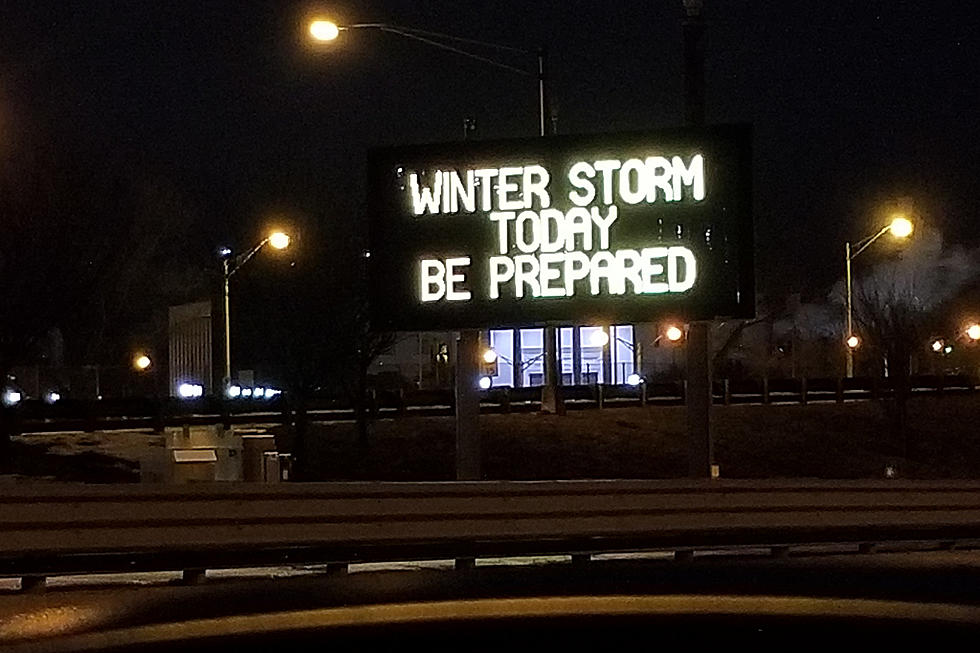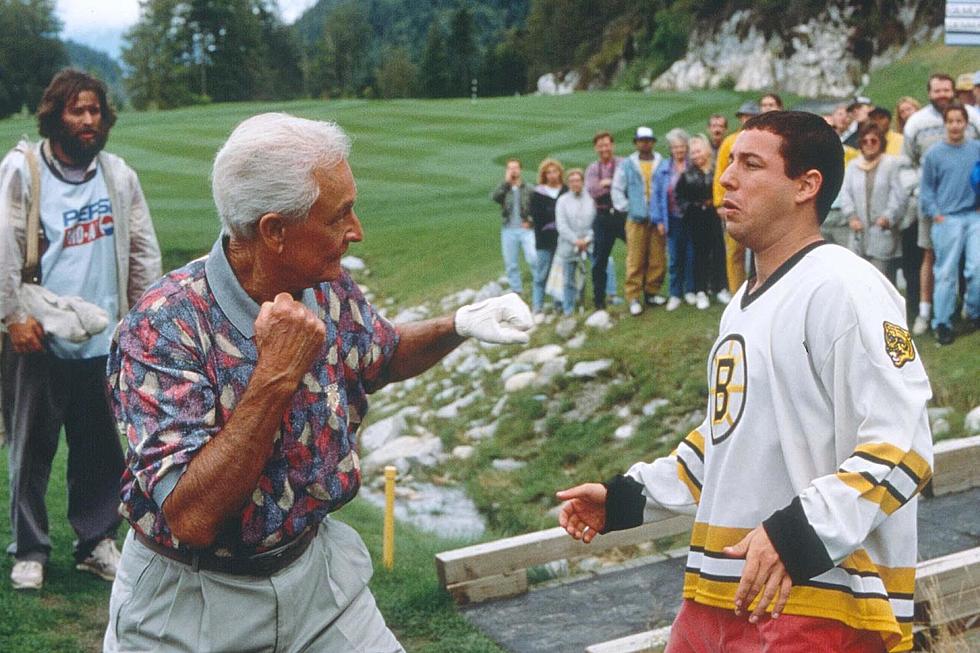
February has brought Mother Nature’s long-feared revenge to NJ
Following two consecutive, mostly quiet winters in the Garden State, the past two and a half weeks have gotten chaotic, launched by a massive, three-day storm to end January and begin February. That storm dumped close to 3 feet of snow on the northern tip of New Jersey.
Another system that could max out at 10 or more inches is set for Thursday, after which this "hyperactive" weather pattern should calm down, according to Chief Meteorologist Dan Zarrow.
But in between, there was a steady, statewide storm on Super Bowl Sunday, and two separate disturbances in the past week that caused significant icing concerns, first for South Jersey, then for the northwest corner of the state.
It all adds up to nine "snow events" of 2 or more inches at any point in the state already this season, according to the tally kept by Rutgers professor David Robinson, the New Jersey state climatologist, and that includes the pre-winter storm on Dec. 16, which left more than a foot of precipitation in Sussex County.

Zarrow said the average number of such events over the last 18 years is 11.5, which we will almost certainly exceed. The top number over that time period was 20 snow events in 2013-14.
But Robinson said it's not just New Jersey experiencing wacky weather; there's been an active pattern across the entire Northern Hemisphere for several weeks now.
"This is a national phenomenon. And actually, it's been awfully stormy in Europe as well, snow in England, and a massive snowstorm in Moscow," Robinson said.
That's more common than one would think, according to Robinson, and it's what happens when polar air "busts loose" and travels down the globe, causing both cold air and warm air to wind up where they wouldn't normally be.
Despite that, one winter element we have mostly avoided — so far — is an extended period of dangerous cold, like the stretch that closed 2017 and opened 2018 with 10 straight days of below-freezing temperatures.
"We've gotten a lot of storminess, but interestingly enough, the coldest of the cold air which was, a couple of weeks ago, projected to come our way, is not making it our way," Robinson said.
Robinson also said he has not seen such a persistent repeat of the trend of North Jersey getting socked with snow, and South Jersey getting pelted with bitterly cold rain, in several years.
Zarrow agrees.
"I think it's notable not just for the number of snow events, but also the constant onslaught of significant winter storms," Zarrow said. "Thirty-plus inches of snow, severe icing, major coastal flooding. It reminds me of March 2017, when we had four Nor'easters in the span of two weeks. Now it seems Mother Nature is paying us back for two quiet winter seasons in a row."
And, not that the past couple of weeks have come out of nowhere, but just last month, things were so calm that Robinson said he called January "boring" on his blog.
"January 2021, until the last couple of hours when that storm began, didn't have a lot of cold, didn't have a lot of warmth, was low on the precipitation side," he said.
Looking toward spring and summer (which Robinson said will come, with patience), New Jersey should not have a lot of drought concerns going forward. The last six months of 2020 were fairly wet, according to Robinson, and the snow melt will help fill reservoirs.
But he hopes that that melt will be, as he put it, "well-behaved," to fend off flooding. For every 10 inches or so of snow that remain on the ground, they equate to about three inches of liquid.
Ideally, Robinson would like to see the following in the next few weeks.
"We get days up in the 30s and 40s, and nights drop below freezing, and you lose snow gradually over a couple weeks' time," he said.
Get more on Thursday's impending storm from Dan Zarrow's weather blog.

LOOK: Answers to 30 common COVID-19 vaccine questions
While much is still unknown about the coronavirus and the future, what is known is that the currently available vaccines have gone through all three trial phases and are safe and effective. It will be necessary for as many Americans as possible to be vaccinated in order to finally return to some level of pre-pandemic normalcy, and hopefully these 30 answers provided here will help readers get vaccinated as soon they are able.
More From Beach Radio










